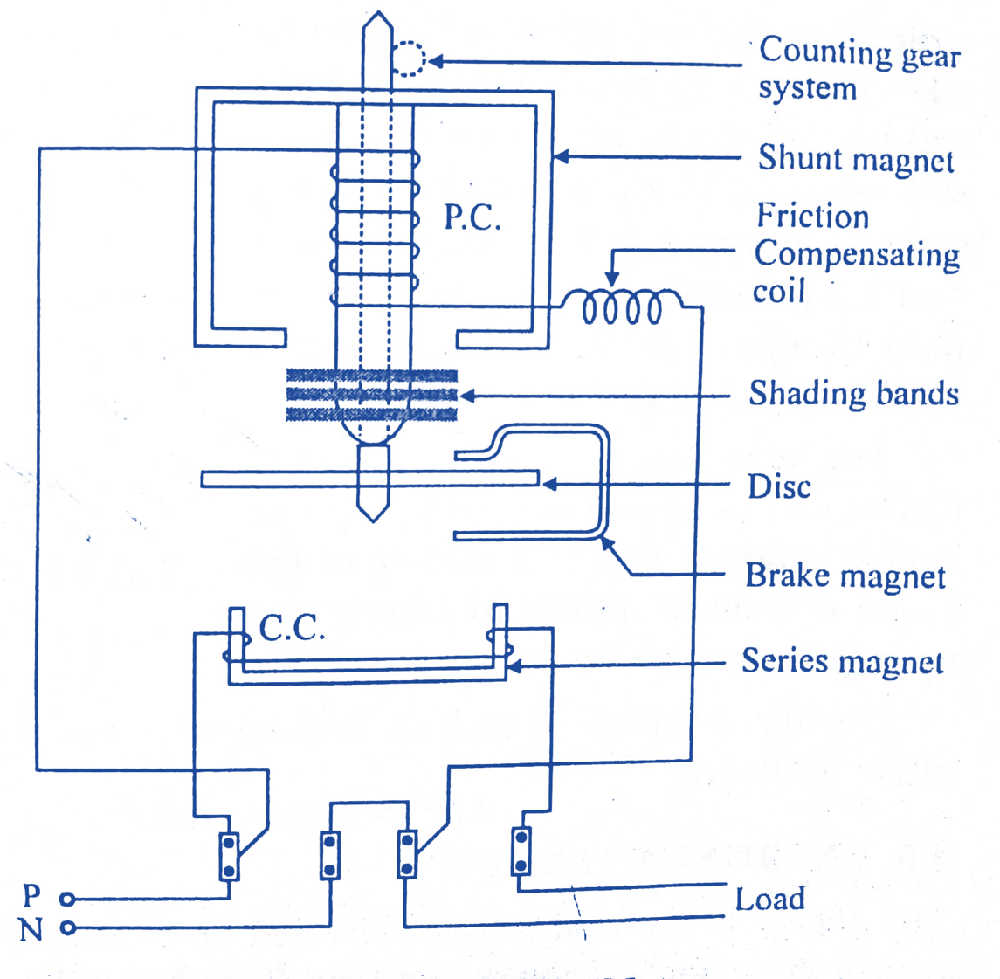Families and companies need to realize how much energy they use in today's contemporary civilization. The Kilowatt Hour (kWh) meter is one of the most crucial devices for keeping track of power use. kWh metering's definition, importance, and prospective services for monitoring energy usage are examined in this article.

What is Kilowatt Hour (kWh) Metering?
The amount of power consumed by a single item or an entire electrical system over a defined period is counted and recorded by a kilowatt-hour (kwh) meter. Acquiring an accurate estimate of energy use is essential for billing, energy management, and environmentally responsible operations.
How Does Kilowatt Hour (kWh) Metering Work?
KWh meters work by keeping track of how much power is used. They are often set up when electricity enters a building or a particular circuit. The kilowatt-hour (kWh) is the unit of measurement for the amount of electricity that passes through the meter.
The meter includes a measurement mechanism, a display, and data connection capabilities. The measuring system of the meter counts up the watts used as electricity flows through it. The data is then accessible remotely through data transmission methods or on a screen.
Importance of Kilowatt Hour (kWh) Metering
Billing Accuracy: Customers will always get fair and transparent invoices based on their natural energy use, thanks to KWh meters.
Managing Energy Consumption: kWh Metering Is A Crucial Business Tool. This information may be used to identify more cost-effective methods to use energy and reduce usage.
Achieving sustainability: Targets need meticulous energy consumption monitoring. If people and companies have correct information about their energy usage, they can make better-informed decisions to reduce their environmental effects.
FAQs
Can I install a kWh meter myself?
To guarantee accurate readings and optimal performance, it is advised to have licensed electricians install kWh meters.
Are kWh meters compatible with renewable energy sources?
Yes, kWh meters can be integrated with renewable energy systems to track energy consumption and production.
How often should kWh meters be calibrated?
It is advised to do regular calibration every few years to ensure accurate readings.
Conclusion
Kilowatt-hour (kWh) metering is needed for precise power use measurement and monitoring. People and organizations may make informed decisions regarding their energy consumption if they must understand how kWh meters work and how important they are to billing, energy management, and sustainability projects.
We are taking steps toward a more sustainable future by implementing kWh metering. kWh metering offers helpful data for controlling energy consumption and costs.
Want to explore more? Check out Aim Dynamics today.








